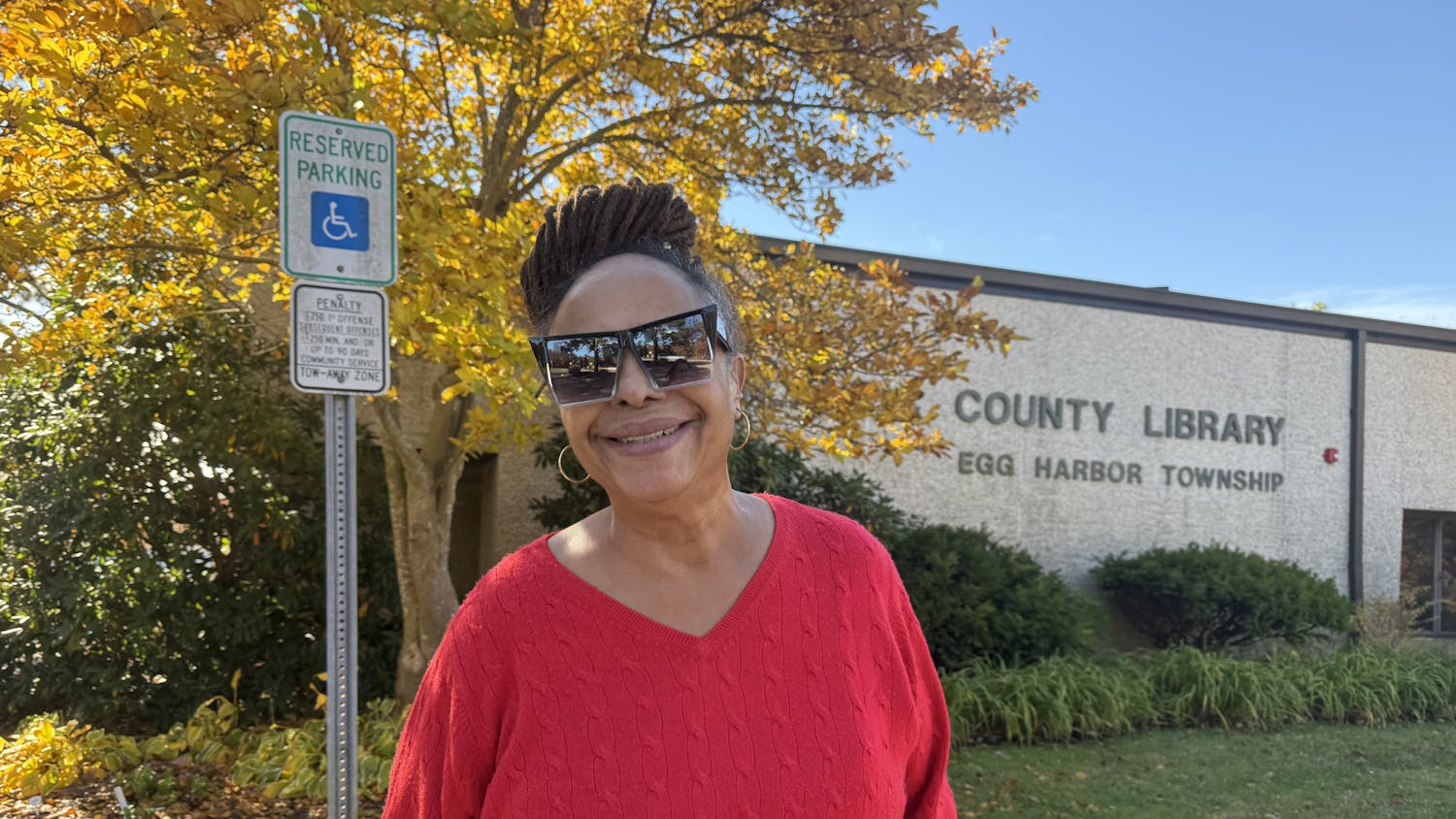With classes, clubs, homework and other activities consuming all hours, it may be easy to remain immersed solely in the microcosmic campus community. For those whose schedules demand locations beyond walking distance, however, leaving campus hinges on a number of factors: navigating public transportation, parking privileges, car ownership, etc.
The NJ Transit #601, which travels to Trenton Transit Center, stops at the College near Brower Student Center 20 times on a given weekday, 13 on Saturdays and seven on Sundays, according to the NJ Transit website. The route includes four scheduled stops between the two locations.
Many on campus, however, find the available modes insufficient, according to a survey orchestrated by senior civil engineering major Erin Dovel for her transportation engineering class. Responses from Dovel’s Qualtrics survey indicate particular grievance with the 601 bus. Issues that appear consistently throughout the 57 personal responses at the end of the survey include concerns of safety, over crowded-ness, uncleanliness, unreliability and tardiness.
“I absolutely hate riding the 601 bus,” one respondent said. “Even if it arrives on time (which is very rare), the driver usually saunters into the (BSC) for 10 to 20 minutes before leaving. I always end up flat out running to catch my train at the Trenton Transit Center, no matter how much extra time I leave to account for the unreliable bus system … Unreliable mass transit is actually one of the reasons why I no longer live on campus.”
Of the 163 total respondents, only 54 percent answered that they had taken the 601 bus before, while 46 percent indicated that they hadn’t. However, 89 percent said they’d favor establishing a bus with a route to Trenton Transit Center with minimal stops, and 86 percent indicated that they’d be more likely to use NJ Transit buses if offered a student discount.
The College has considered introducing systems comparable to those at other New Jersey schools, such as Princeton University, which provides its students with “safe, convenient and reliable transportation throughout the Princeton campus and surrounding community” via TigerTransit, states the school’s website. According to Emily Dodd, communications officer for Media Relations & Marketing, the College conducted a “multi-modal transportation study” in 2006 via a grant from the Department of Transportation, to assess the campus’ need for a “specialized independent College bus system or network.” However, the results of the study ultimately didn’t indicate such a need existed, Dodd said in an e-mail. She said that the criteria for establishing an independent system “depend on both the demand and willingness of the members of the campus community to abandon their cars and use public transportation.”
Other goals, however, emerged from the suggestions of the study. The President’s Climate Committee (PC3) completed the Carbon Action Plan, which Dodd said, “identified transportation as a fertile area to achieve carbon emission reductions.” As a result, a subcommittee — led by political science professor Brian Potter, is charged with investigating ways to reduce greenhouse gas emissions from the College’s use of transportation, Potter said. Two avenues for reduction, he said, include improving transportation to and from local train stations and encouraging carpooling. The work of the group will be presented to PC3, and if approved, will be presented to the campus community.
For many, transportation from the College is crucial to branching out beyond the bounds of the campus. According to a 2009 graduate survey conducted by Career Services, 74 percent of the 490 who responded said they’d participated in internship, practicum or clinical experience and of this number, 94 percent said they’d interned as an undergraduate.
The survey indicated that 29 of these internships were located in New York City and eight listed were in Philadelphia. The fare from Trenton Transit Center to New York Penn Station is $15.50, one way, and $15 from Hamilton Train Station to New York; it’s $8.75 from Trenton to 30th Street Philadelphia, according to the NJ Transit website.
NJ Transit offers a University Partnership Program, which provides up to a 25 percent discount for NJ Transit monthly passes to full-time college students. Fifty-two universities and colleges participate in this program — including Rider University, Rutgers University and Princeton University — but the College is not among the participants.
Though Dovel’s survey didn’t specifically touch on train discounts, some of the personal responses voiced desire to establish such a discount.
“I took the 601 to the Trenton Transit Center often during my freshman year, to visit my boyfriend at Rutgers,” one respondent said. “I enjoyed riding the bus. Never had any bad experiences on it. Now that I have my car on campus, though, I probably wouldn’t take the bus/train route to Rutgers again — with or without a discount on 601 fare. This has nothing to do with the buses; it’s because the train fares this year are too expensive. If there was a train fare discount, I’d be all over that.”






